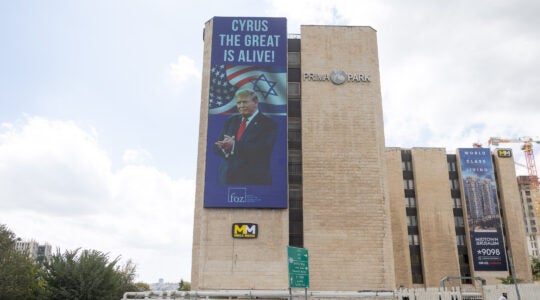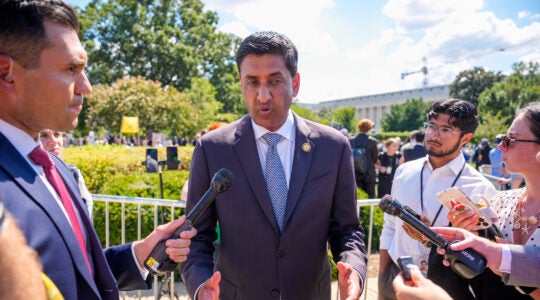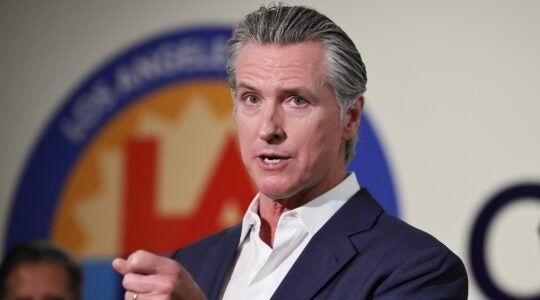WASHINGTON (JTA) — Stephen Solarz, a nine-term U.S. congressman from New York whose avid interest in Israel propelled him to become a foreign policy leader, has died.
Solarz, of McLean, Va., died Monday at George Washington University Hospital in Washington, Jeremy Rabinovitz, a former staffer, told colleagues. He was 70.
Solarz joined the Congress in 1974, when Democrats increased their majority in the wake of the Watergate scandal that felled Republican President Richard Nixon. He won a post on the Foreign Affairs Committee because he sought to represent his heavily Jewish New York City constituency’s keen interest in Israel issues.
His position on the committee led Solarz to become a tireless advocate for human rights and reform around the world. Solarz as a congressman traveled to more than 100 countries.
It also helped build bridges across bipartisan and ideological lines: In 1978, President Carter successfully resisted an effort led by Solarz to stop the sale of fighter jets to Saudi Arabia; a year later Carter counted on Solarz to keep Rhodesia’s white rulers isolated because of their abuses of its black majority.
Solarz confronted the Reagan administration backing for right-wing autocrats in Latin America, but earned plaudits from the administration for joining its championing of transitions to democracy in the Far East. He was ousted from his seat in 1992 partly because of redistricting and partly because he was tainted in a scandal in which members of the U.S. House of Representatives overdrew their bank accounts.
Solarz’s ecumenism earned him a rare status in the Jewish world as well. He backed Carter’s post-presidential Middle East ventures, which many in the pro-Israel community saw as unwelcome meddling, and joined the call by the International Crisis Group, which he served as a member of its executive committee, to allow Hamas into peace talks. Yet until his death he was a member of the board of advisers of the hard-line Jewish Institute for National Security Affairs.
JTA has documented Jewish history in real-time for over a century. Keep our journalism strong by joining us in supporting independent, award-winning reporting.





